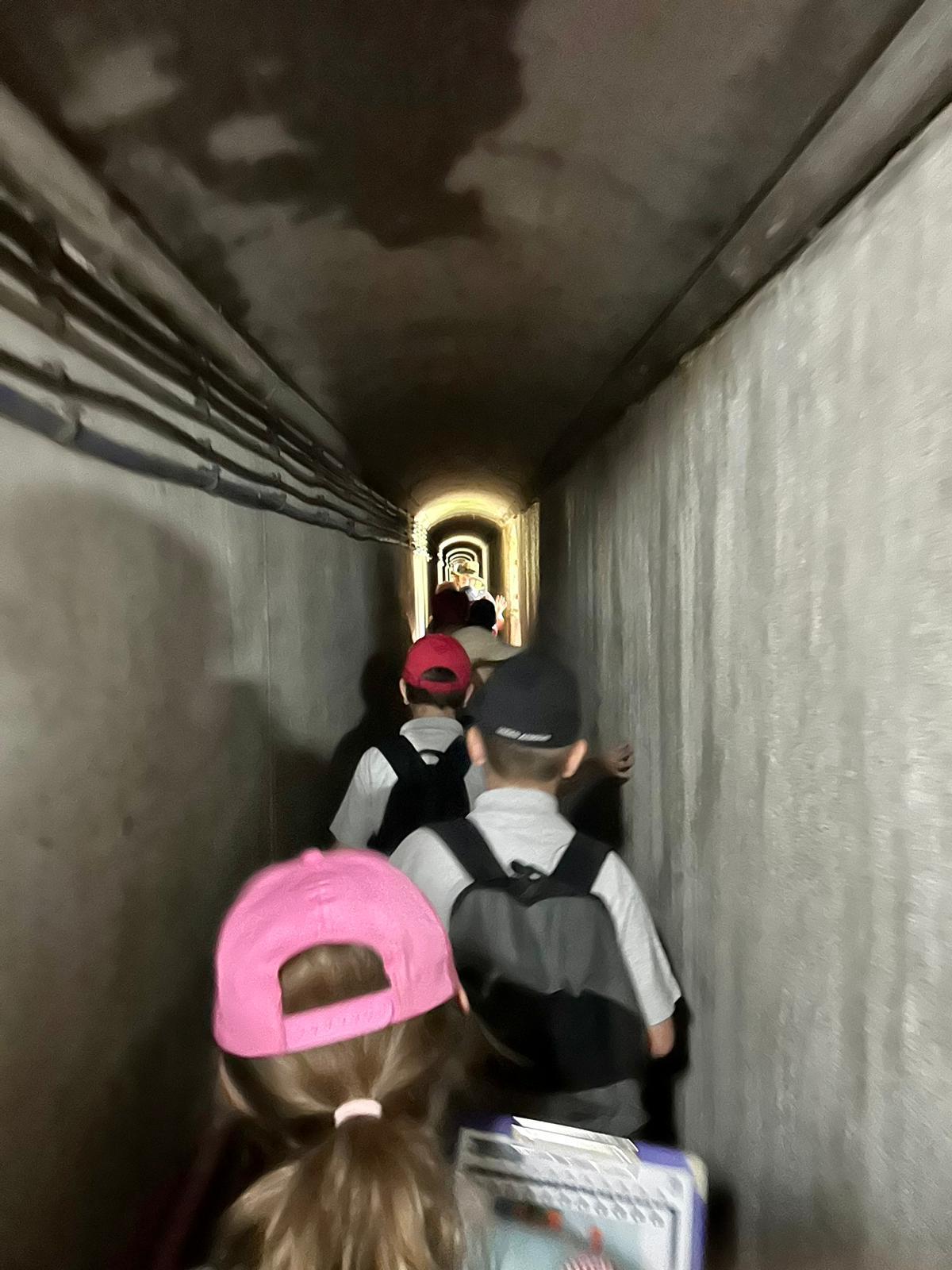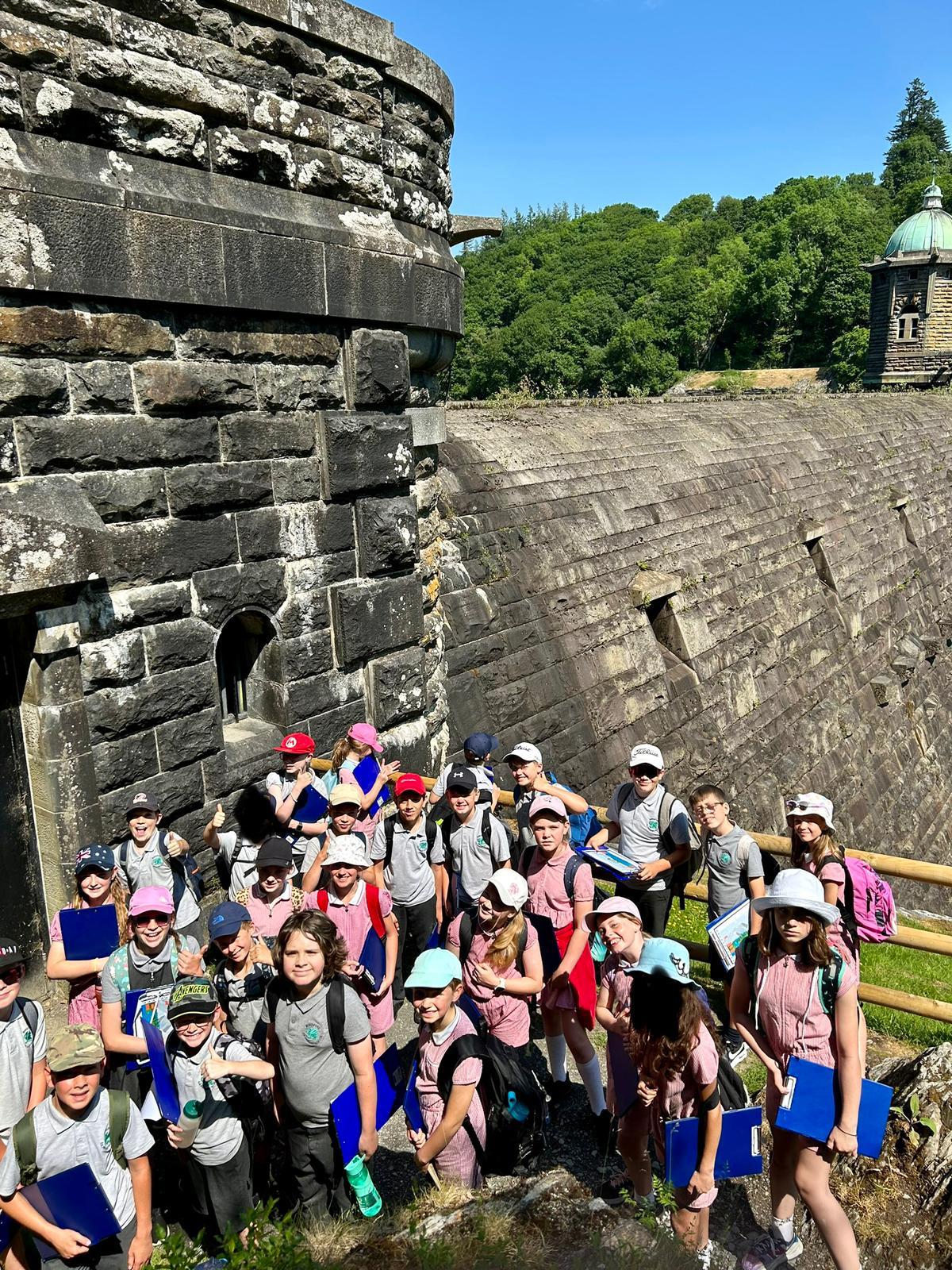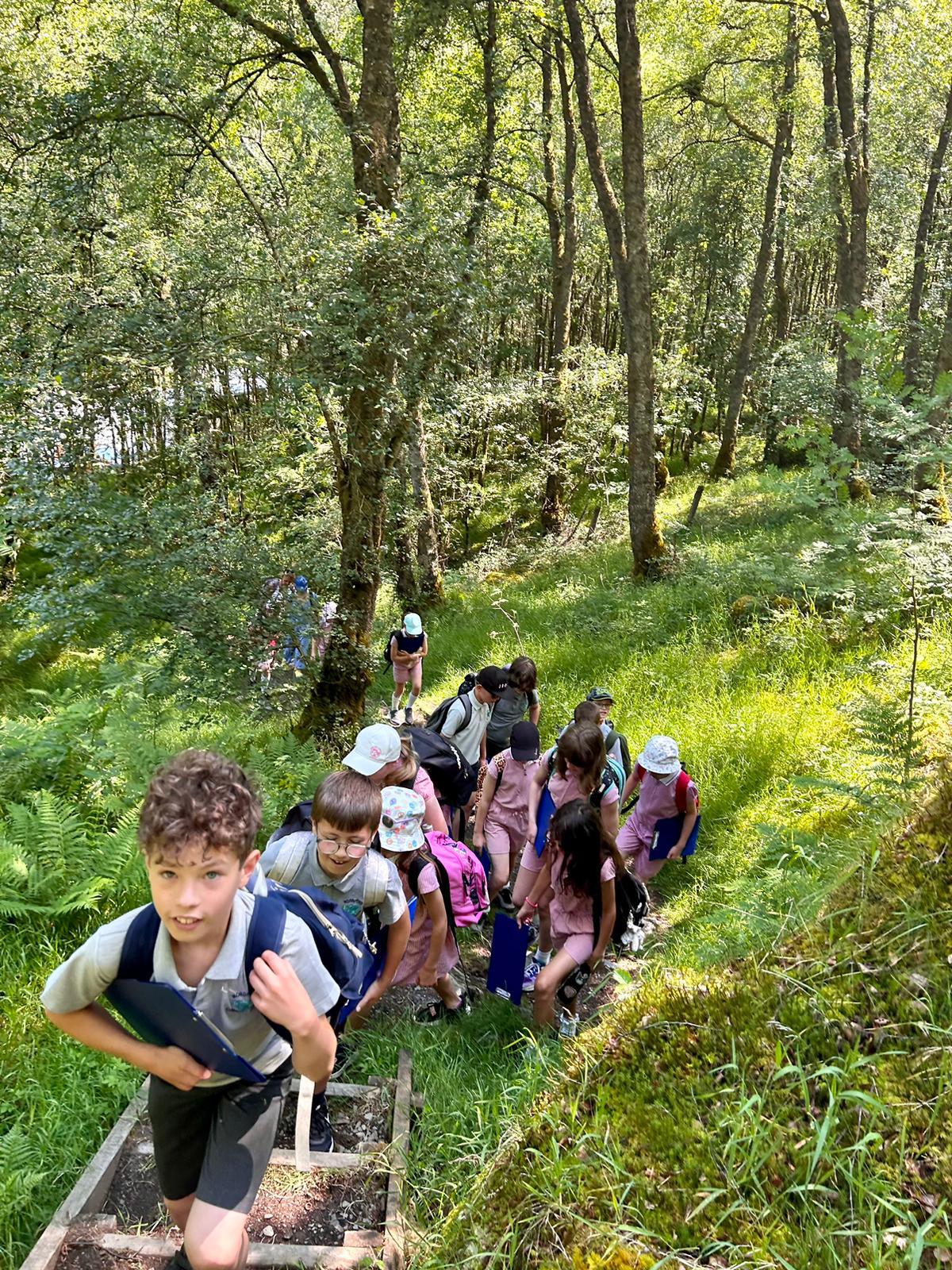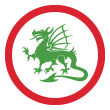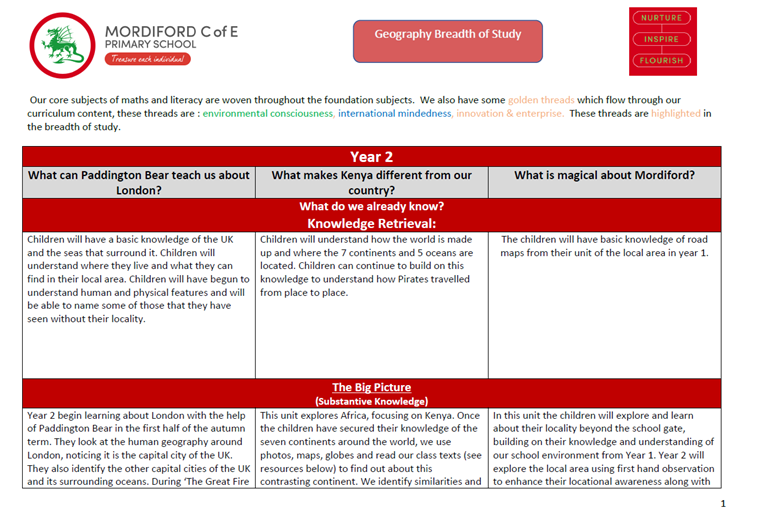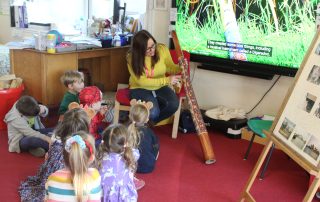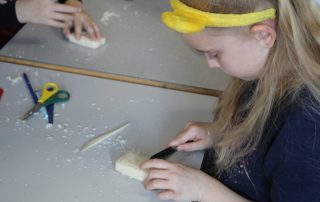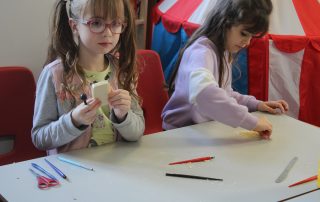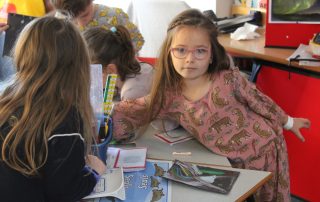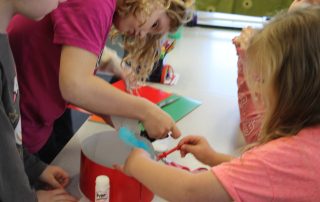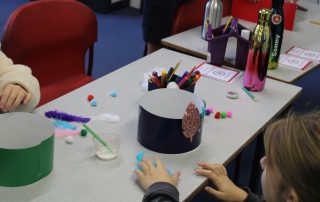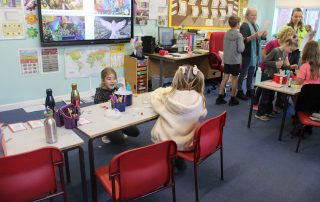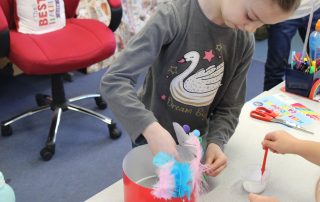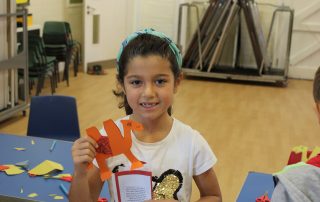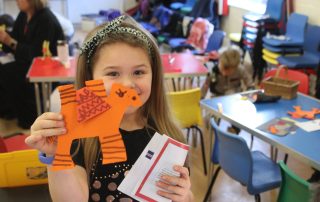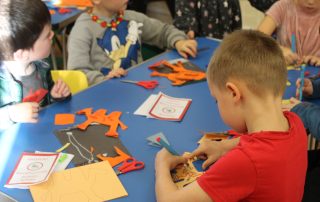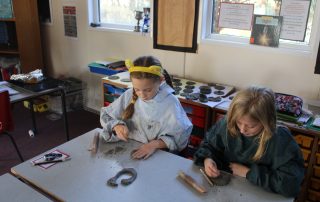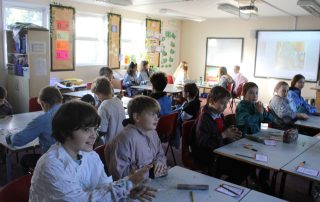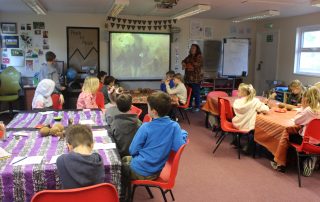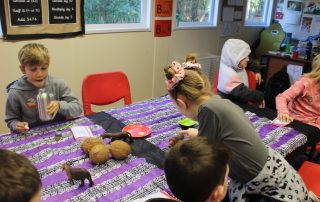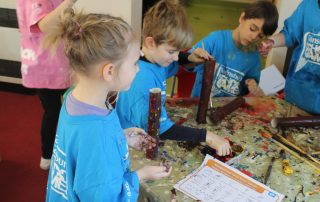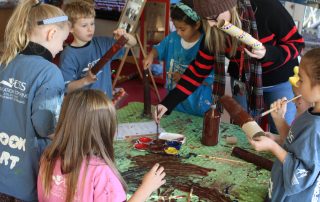 “The study of geography is about more than just memorizing places on a map. It’s about understanding the complexity of our world, appreciating the diversity of cultures that exists across continents. And in the end, it’s about using all that knowledge to help bridge divides and bring people together.” – Barack Obama
“The study of geography is about more than just memorizing places on a map. It’s about understanding the complexity of our world, appreciating the diversity of cultures that exists across continents. And in the end, it’s about using all that knowledge to help bridge divides and bring people together.” – Barack Obama
Intent – What Do We Aspire for Our Children in Geography?
At Mordiford CE Primary School our geography curriculum aims to fulfil the requirements of the National Curriculum. Our intention is to provide a broad, balanced, ambitious and inclusive curriculum ensuring the progressive development of geographical concepts, knowledge and skills. We aim to inspire a curiosity and fascination about the world and its people that will remain with our children for the rest of their lives. Teaching equips our children with knowledge about diverse places, people, resources and natural and human environments, together with a deep understanding of the Earth’s key physical and human processes. Through our ‘Golden Threads’ that run through our curriculum, we want our curriculum to empower children with a deep understanding of local, national and global ecological issues and provide them with the necessary knowledge to make a positive change. Geographical knowledge, understanding and skills provide the frameworks and approaches that explain how the Earth’s features at different scales are shaped, interconnected and change over time.
Implementation – How is the curriculum for geography organised?
Learning in geography at Mordiford is linked to overall topics. This is to enable children to add new learning to increasingly complex schemata that demonstrate the inter-relatedness of curriculum content. Our geography curriculum respects both the natural and social sciences and the interplay between them. It also identifies the knowledge and skills that pupils are to learn. Each unit is underpinned by rich substantive knowledge, disciplinary knowledge and ambitious vocabulary.
Substantive knowledge sets out the content that is to be learned. By following the national curriculum, we address this through four interrelated forms:
- locational knowledge
- place knowledge
- human and physical processes (or ‘environmental’)
- geographical skills.
Disciplinary knowledge considers how geographical skills and fieldwork originates and is revised. It is through disciplinary knowledge that pupils learn the practices of geographers.
Our geography curriculum reflects teachers’ careful thought about what is to be taught, the rationale for it, the sequencing of learning and the relationships between the forms of knowledge. Each unit of work has an emphasis on geographical enquiry where children investigate a geographically overarching question. In addition to substantive and disciplinary knowledge, children will develop their experiential knowledge through carefully planned fieldwork.
To ensure coverage, depth and balance in the geography curriculum, the subject leader has provided a range of planning materials:
- Long term plan – The long-term plan gives details the substantive and disciplinary knowledge to be taught for each topic. Both substantive and disciplinary concepts are threaded throughout the curriculum, so they are constantly revisited throughout KS1 and KS2.
- Our substantive concepts are: place, scale, interdependence, physical and human processes, environmental impact and cultural diversity.
- Our disciplinary concepts are: map skills, fieldwork, similarities and differences, research and enquiry, cause and consequence.
- Medium term plans/knowledge organisers Details the substantive ‘sticky’ knowledge and sequence of lessons for each topic.
- Progression document Details the progression of skills and knowledge we expect the children to make through their time at Mordiford. The progression document details progression from EYFS all the way through to Year 6 and is split into key concept knowledge, locational knowledge, place knowledge, human and physical knowledge, geographical skills and fieldwork.
Our Curriculum in Early Years:
Our curriculum is organised so children in reception meet the aims of EYFS framework. The early learning goals are taken from Understanding our world and are as follows:
- Describe their immediate environment using knowledge from observation, discussion, stories, non-fiction texts and maps.
- Explain some similarities and differences between life in this country and life in other countries, drawing on knowledge from stories, non-fiction texts and (when appropriate) maps.
- Know some similarities and differences between the natural world around them and contrasting environments, drawing on their experiences and what has been read in class.
- Understand some important processes and changes in the natural world around them, including the seasons.
Impact – How do we monitor our geography curriculum?
We assess children’s work in geography by making informal judgements as we observe them during lessons, using a mind map at the beginning of a lesson to recap prior learning and with the use of ‘quick quizzes’ for assessment of fact retrieval. We mark a piece of work once it has been completed and we comment, as necessary. An assessment is recorded in the pupils’ end of year report. Formative assessments are made against statutory end of key stage objectives.
There is a monitoring cycle in place which evaluates geography teaching and learning, outcomes and pupil voice. These outcomes feed into action planning to continually evaluate and improve our teaching and learning in geography.
Monitoring and evaluation could include:
- A review of learning in books
- Lesson observations
- Evaluation of the impact of staff professional development
- A review of medium-term planning
- Talking to pupils about learning in geography
Enriching Experiences
UN International Day
Y5 Elan Valley Trip
